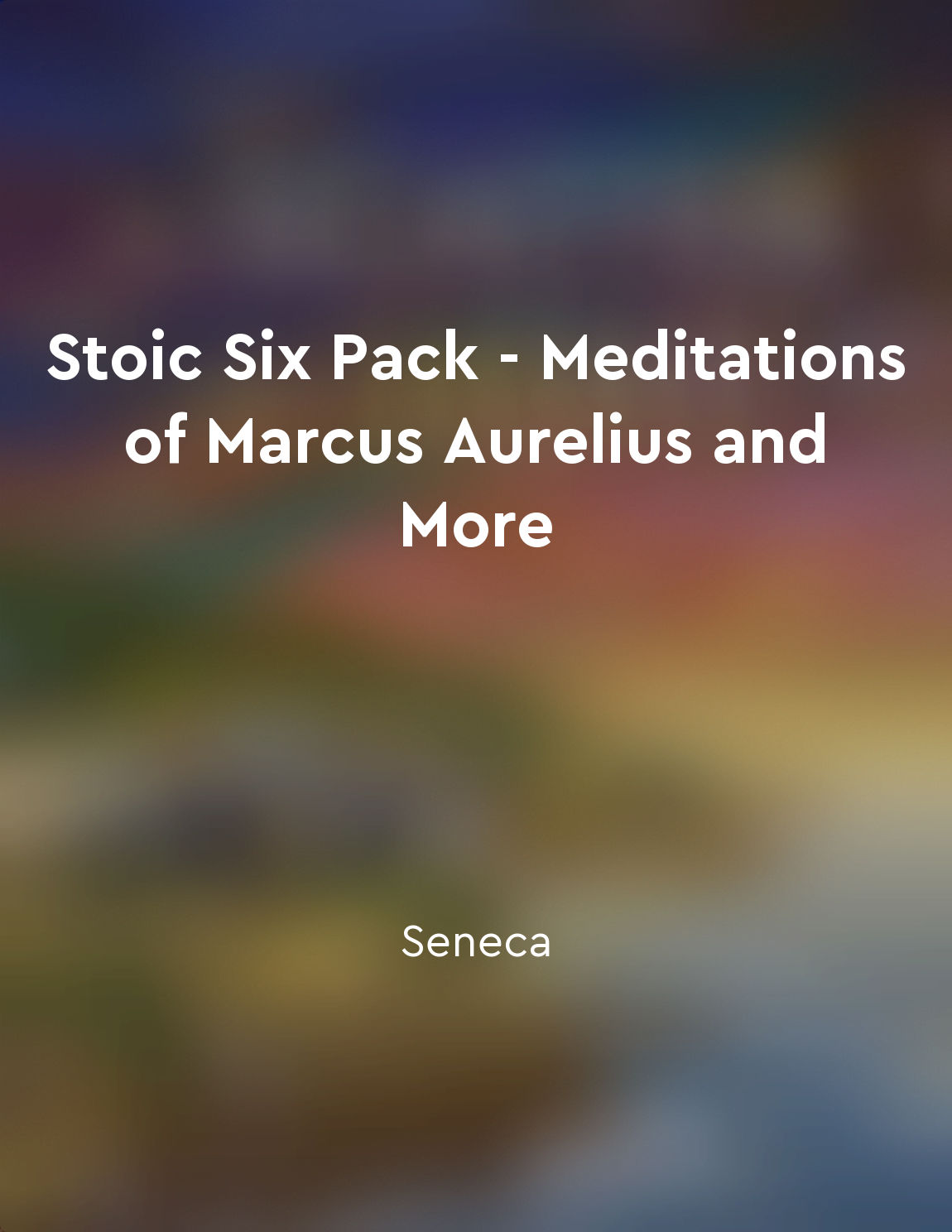Romanticism values emotional intensity from "summary" of Stoic Romanticism and the Ethics of Emotion by Jacob Risinger
In the realm of Romanticism, emotional intensity is highly valued as a source of inspiration and authenticity. Emotions are seen as powerful forces that drive individuals to connect with their innermost desires and truths. This emphasis on emotional intensity is a stark departure from the stoic philosophy, which traditionally views emotions with suspicion and advocates for emotional detachment. Romanticism celebrates the full range of human emotions, from profound love and joy to deep sorrow and despair. These intense emotions are seen as essential for experiencing life to its fullest and for creating meaningful connections with others. By embracing emotional intensity, Romanticism encourages individuals to be true to themselves and to express their feelings openly and honestly. Furthermore, emotional intensity in Romanticism is often associated with creativity and artistic expression. Artists and writers are encouraged to tap into th...Similar Posts
Literary works can be analyzed through different lenses
Literary works can be analyzed through different lenses, allowing readers to explore various aspects and interpretations of the...
Beauty is not defined by utility or practicality
Beauty, by its very nature, transcends the realm of utility and practicality. It is not bound by the constraints of function or...
Melancholy is a complex and pervasive human experience
Melancholy, that brooding spirit which haunts the hearts of men, is a phenomenon as ancient as humanity itself. It is a complex...
True happiness comes from within
In our pursuit of happiness, we often look to external factors such as wealth, fame, or success to bring us fulfillment. We bel...
The artist's perspective shapes their work
The work of art comes about through a series of decisions made by the artist, large and small, conscious and unconscious. These...

Reason is the guiding principle of Stoic philosophy
The Stoics believed that reason is the guiding principle of their philosophy. This means that they viewed reason as the key to ...
Radical selflove is necessary
Radical self-love is a concept that challenges the prevailing cultural norm of self-hatred. It is a revolutionary act that goes...

Marcus Aurelius reminds us of the fleeting nature of fame and fortune
In the Meditations, Marcus Aurelius repeatedly reflects on the transience of fame and fortune. He urges us to remember that the...

Seneca emphasizes the importance of living in the present moment
Seneca and Marcus Aurelius both share a common belief in the importance of focusing on the present moment. They argue that dwel...
